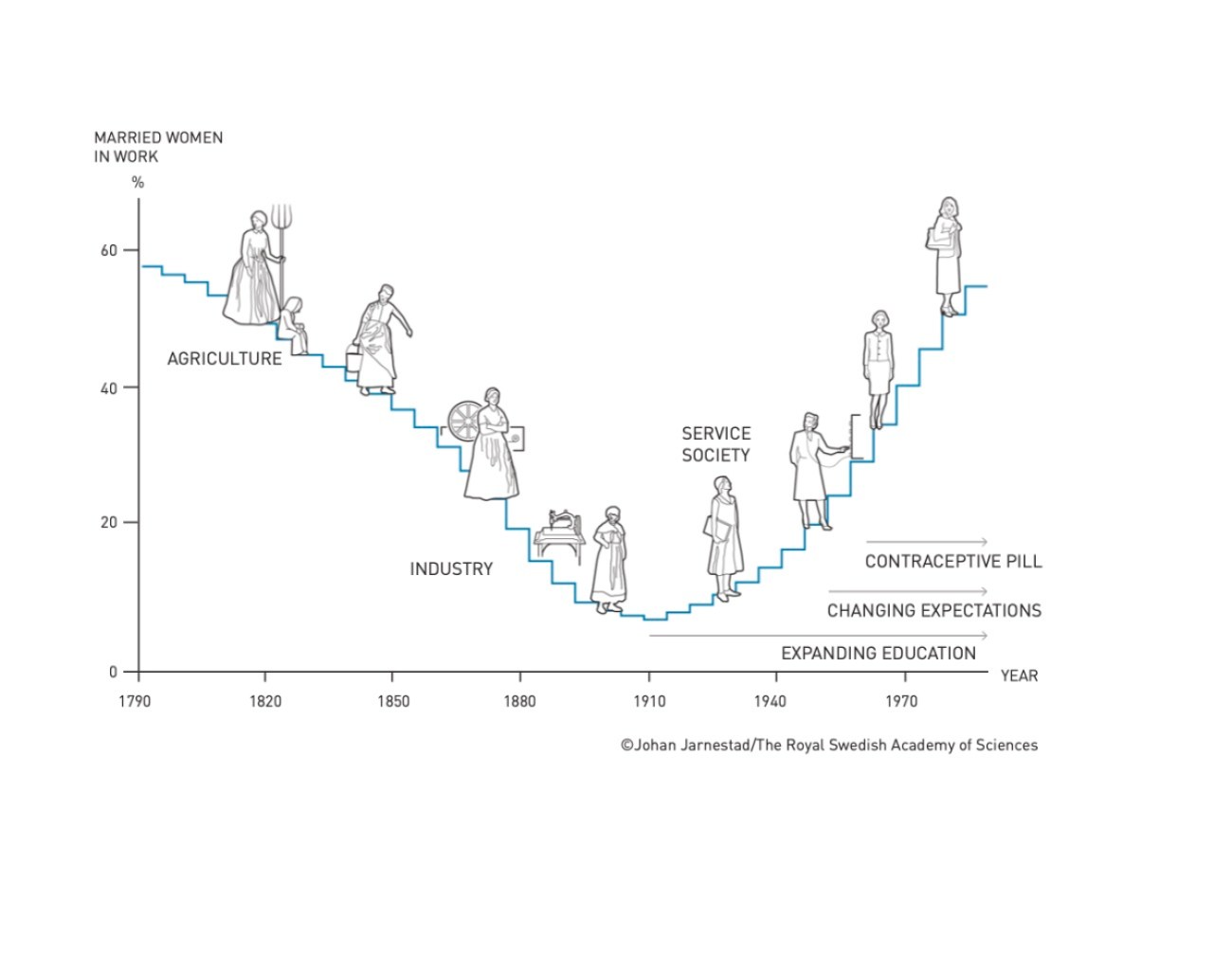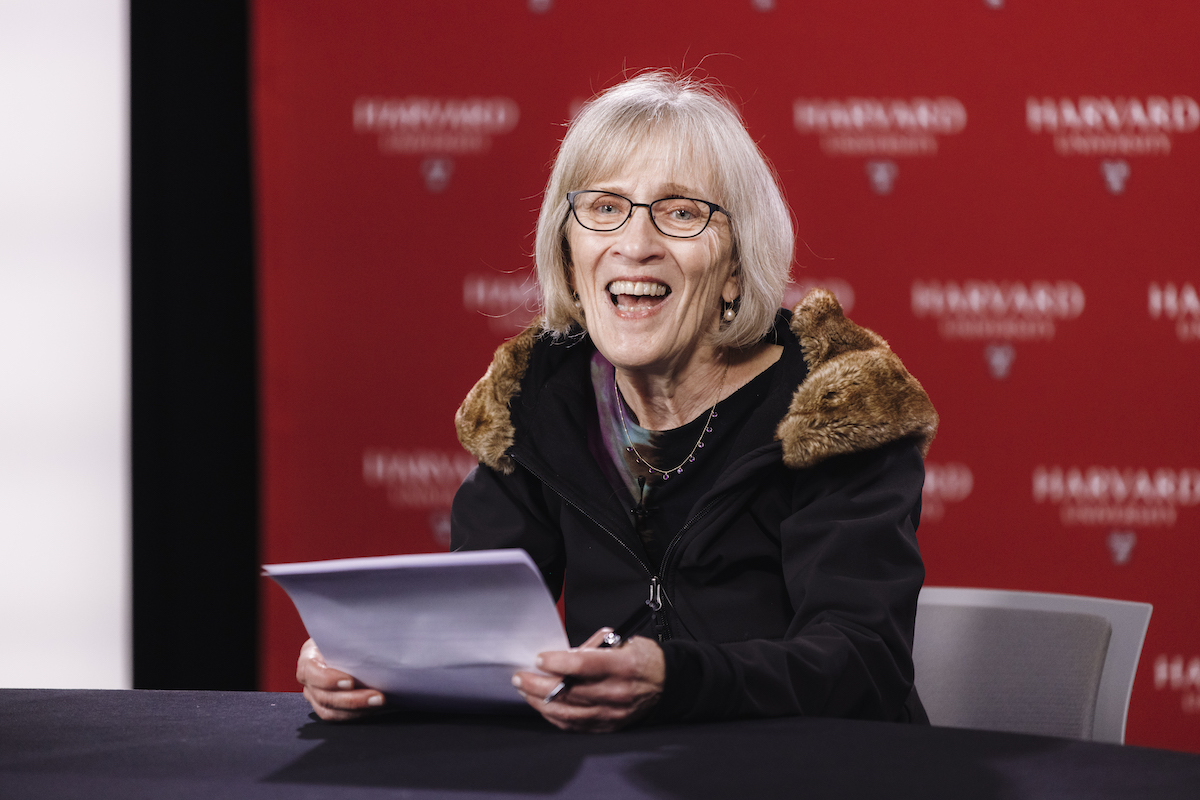The success of women helps drive the success of families, communities, and nations as a whole. We know that there are still so many disparities that are in place that seek to hold women back. Yet, we continue to progress and achieve at amazingly high levels. And Claudia Goldin is a woman who has achieved the highest prize for her astounding work.
Goldin has won the 2023 Nobel Prize in Economics for her amazing research on the labor market with a focus on women. The focus of her research is on the pay gap between women and men, analyzing centuries of data on the subject. This is a great achievement, especially considering that she is now only the third woman to win this prestigious award. The other women to have received it are Elinor Ostrom in 2009 and Esther Duflo in 2019.
Goldin looks at how women’s roles in the job market have continued to shift and change. Social norms impact these roles as well as how women view themselves in the labor force and at home. For example, the gender gap started to close in the 1980s and she helps show that things like the birth control pill played a factor. However, she says that child rearing is still a “permanent block” when it comes to improving wage inequalities. Goldin went back even further to analyze how new inventions and huge historical events have played a major factor in the gender gap, from the Industrial Revolution to World War II and beyond.

One of the most important overall findings by Goldin is how the institution of family has impacted people’s lives financially and in other ways. I mentioned child-rearing earlier. In her 1990 book entitled Understanding the Gender Gap: An Economic History of American Women, she mentioned that couples having their first child was the defining difference when looking at the modern world. She claimed that both parents lost because men lost time with their family and women lost much of their careers. This was an astute point at the time but helps us critique how we have changed since that book was written as well. Our capitalist society has worked hard to convince us that “having it all” is a feminist ideal without doing anything to create an economically equitable playing field.
The gender pay gap still remains which is a large reason why Goldin’s work continues to be so important. The labor market is almost split 50/50 between men and women. In fact, pre-COVID, women showed up on more payrolls than men in late 2019 to early 2020. However, that changed after the pandemic as many women left the workforce (many women are in the healthcare industry).
Many people’s understanding of feminism is limited to a belief in equal pay for equal work but we haven’t even managed to make that a reality. And while it’s technically illegal to discriminate against someone based on pregnancy, employers can see women as risks. In an interview from 2021 with NPR, Goldin proposes a solution: more government funding for child care. This seems like an extremely necessary step! And it will undeniably help women because we are still considered the primary providers for children.
Another solution Goldin discusses is more jobs where there are shared roles instead of what she calls “greedy jobs.” The Harvard Business Review talked to Goldin more about this concept. “Greedy work” takes the form of careers that pay more in exchange for long and often inflexible hours, essentially forcing people to prioritize work over things like family or personal lives. This value system shows up in many high-paying and high-pressure jobs. According to her research, women tend to work in roles that aren’t as demanding of their time. To put this simpler, according to Goldin, women aren’t as willing to accept the jobs that are described as “greedy” because they value other things—or have other expectations forced upon them. In turn, this helps contribute to the gender wage gap.
Another cool note about Goldin is that during her career, she has looked at other areas of life as well that highlight disparities. She wrote an article called “Orchestrating Impartiality” published in 2000, in which she hypothesized that women were being discriminated against in orchestras and asked hiring committees to use blind auditions so they couldn’t tell the gender of the instrumentalist. The blind auditions famously increased women moving to the next round by 50%.
Goldin has done a lot to help our understanding of the workplace and what barriers are out there that impact women disproportionately. This work is so valuable and I think it will still be important in policy-making decisions as well as personal ones, as women seek to decide what is best for their futures.
“Understanding women’s role in the labour is important for society. Thanks to Claudia Goldin’s groundbreaking research we now know much more about the underlying factors and which barriers may need to be addressed in the future,” Jakob Svensson, Chair of the Committee for the Prize in Economic Sciences, said in a press release.
Goldin will get 11 million Swedish kronor as a prize, which equates to about $1 million USD.
(featured image: Carlin Stiehl/Getty Images)









Published: Oct 11, 2023 06:07 pm